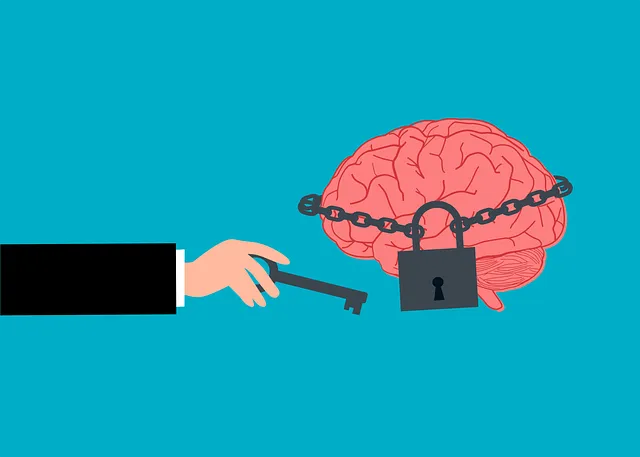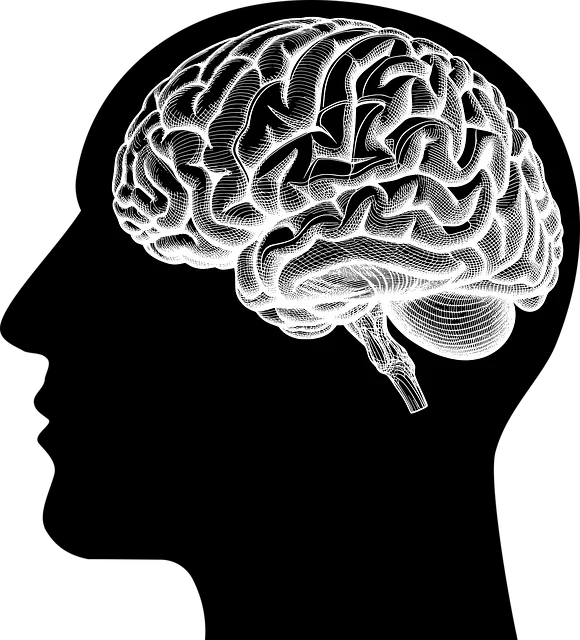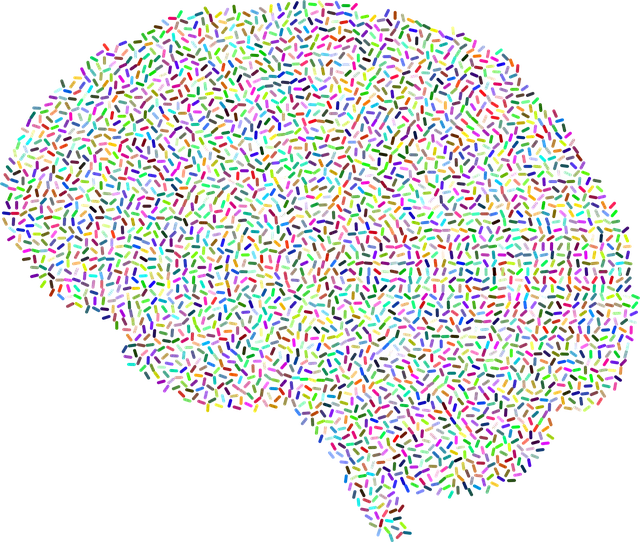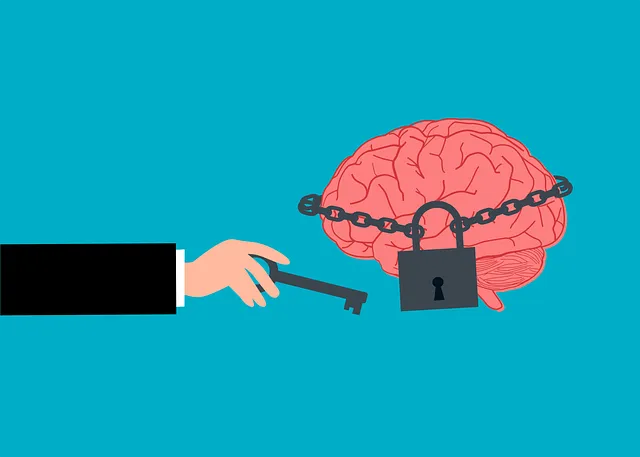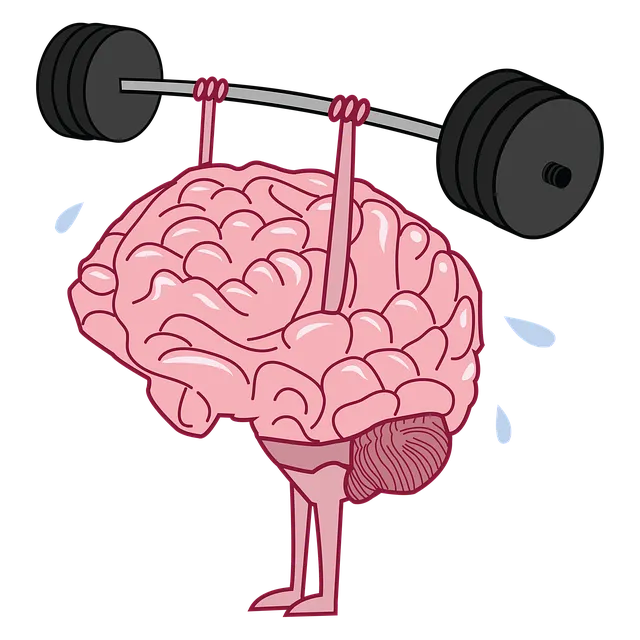In today's digital age, mobile apps are revolutionizing mental healthcare access, particularly in underserved communities. The Englewood Kaiser Permanente Mental Health Access Center serves as a model for this shift, utilizing technology to provide convenient and affordable stress reduction tools and mental health education. Effective mental wellness apps offer personalized features like mood tracking, self-care goal setting, and mindfulness exercises, breaking down stigma through community support and public awareness campaigns. Developed through user-centric design and evidence-based practices, these apps enhance well-being by fostering resilience, positive self-talk, and crisis intervention guidance while prioritizing robust data security.
In today’s fast-paced world, mental wellness apps offer a valuable resource for improving access to care, much like the Englewood Kaiser Permanente Mental Health Access Center. With a growing demand for accessible and personalized support, app development presents a unique opportunity. This article explores the key aspects of creating effective mental health applications, from identifying essential features and understanding user needs to ensuring privacy and security. By delving into these elements, we aim to highlight how well-designed apps can significantly impact individual well-being.
- Understanding the Need for Mental Wellness Apps
- Features and Components of Effective Apps
- Development Process: From Concept to Launch
- Engaging Users and Ensuring Privacy & Security
Understanding the Need for Mental Wellness Apps

In today’s fast-paced world, mental wellness is a topic that has gained significant attention, and for good reason. The need for accessible mental health support has never been more evident, especially in communities where resources are limited. Englewood Kaiser Permanente Mental Health Access Center serves as a shining example of how technology can bridge the gap to better mental healthcare. With increasing awareness about Mental Health Awareness, it’s crucial to explore innovative solutions, and mobile apps are at the forefront of this movement.
These digital tools offer a convenient and often more affordable option for individuals seeking support. By providing Stress Reduction Methods and Mental Health Education Programs Design, apps can empower users with the knowledge and skills to manage their mental well-being effectively. This shift towards digital solutions is particularly beneficial for those who face barriers in accessing traditional therapy or counseling services, ensuring that help is just a download away.
Features and Components of Effective Apps
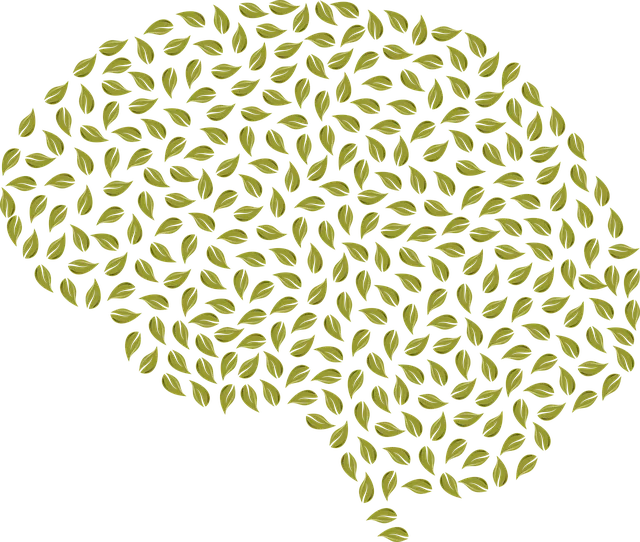
Effective mental wellness apps are designed to offer a multitude of features and components that support users’ journey towards improved mental health. One notable example is the Englewood Kaiser Permanente Mental Health Access Center, which leverages technology to enhance access to care. These apps often include personalized dashboards allowing users to track their mood, set goals for self-care, and receive tailored recommendations based on their input. Features such as mindfulness exercises, meditation guides, and coping skills development tools are integrated to empower individuals with strategies for managing stress and anxiety.
Additionally, successful mental wellness apps foster a sense of community by facilitating peer support groups and providing platforms for users to share their experiences anonymously. Public awareness campaigns development within these apps can educate users on various mental health topics, breaking down stigma and encouraging open conversations. Inner strength development is another key aspect, offering users opportunities to reflect on their resilience and cultivate positive self-talk, all while receiving regular updates and reminders to engage in activities that promote overall well-being.
Development Process: From Concept to Launch

The development of a mental wellness app begins with a concept aimed at enhancing access to care, much like the Englewood Kaiser Permanente mental health access center. This initial phase involves understanding the target audience’s needs and existing gaps in the market. Researchers and developers collaborate to define key features, ensuring they align with evidence-based practices for improving mental health outcomes. This stage also includes wireframing and prototyping, allowing for a visual representation of the app’s user interface and functionality.
As the project progresses, the focus shifts to implementation, testing, and refinement. Developers integrate various components, such as mood tracking tools, mindfulness exercises, and resources for risk management planning for mental health professionals. Regular user testing ensures the app meets its intended purpose effectively. Incorporating feedback from beta testers enables developers to make informed adjustments, ultimately delivering a seamless and beneficial experience. Additionally, content creation for features like the Mental Wellness Podcast Series Production or Compassion Cultivation Practices ensures users receive valuable, evidence-based information tailored to their mental wellness journey.
Engaging Users and Ensuring Privacy & Security

Engaging users and prioritizing privacy & security are paramount in mental wellness app development. Effective engagement strategies, such as those implemented by Englewood Kaiser Permanente’s mental health access center, focus on creating interactive content that fosters self-awareness exercises and promotes positive self-care practices. These apps often include features like personalized dashboards, mood trackers, and crisis intervention guidance to cater to diverse user needs.
To ensure privacy & security, developers must adhere to stringent data protection protocols. This involves implementing robust encryption methods, secure storage solutions, and transparent privacy policies. Users should be given control over their data access rights, ensuring they feel safe while utilizing these apps. By balancing engagement strategies with robust security measures, mental wellness apps can effectively support individuals in managing their mental health, ultimately enhancing overall well-being.
Mental wellness apps have become essential tools in modern healthcare, offering accessible and personalized support. By combining user-friendly interfaces with evidence-based practices, these applications cater to a growing demand for mental health resources, particularly as evidenced by the services provided at Englewood Kaiser Permanente Mental Health Access Center. As development continues to evolve, prioritizing user engagement and privacy becomes paramount to ensuring these apps remain effective and trusted resources for improving mental wellness worldwide.
